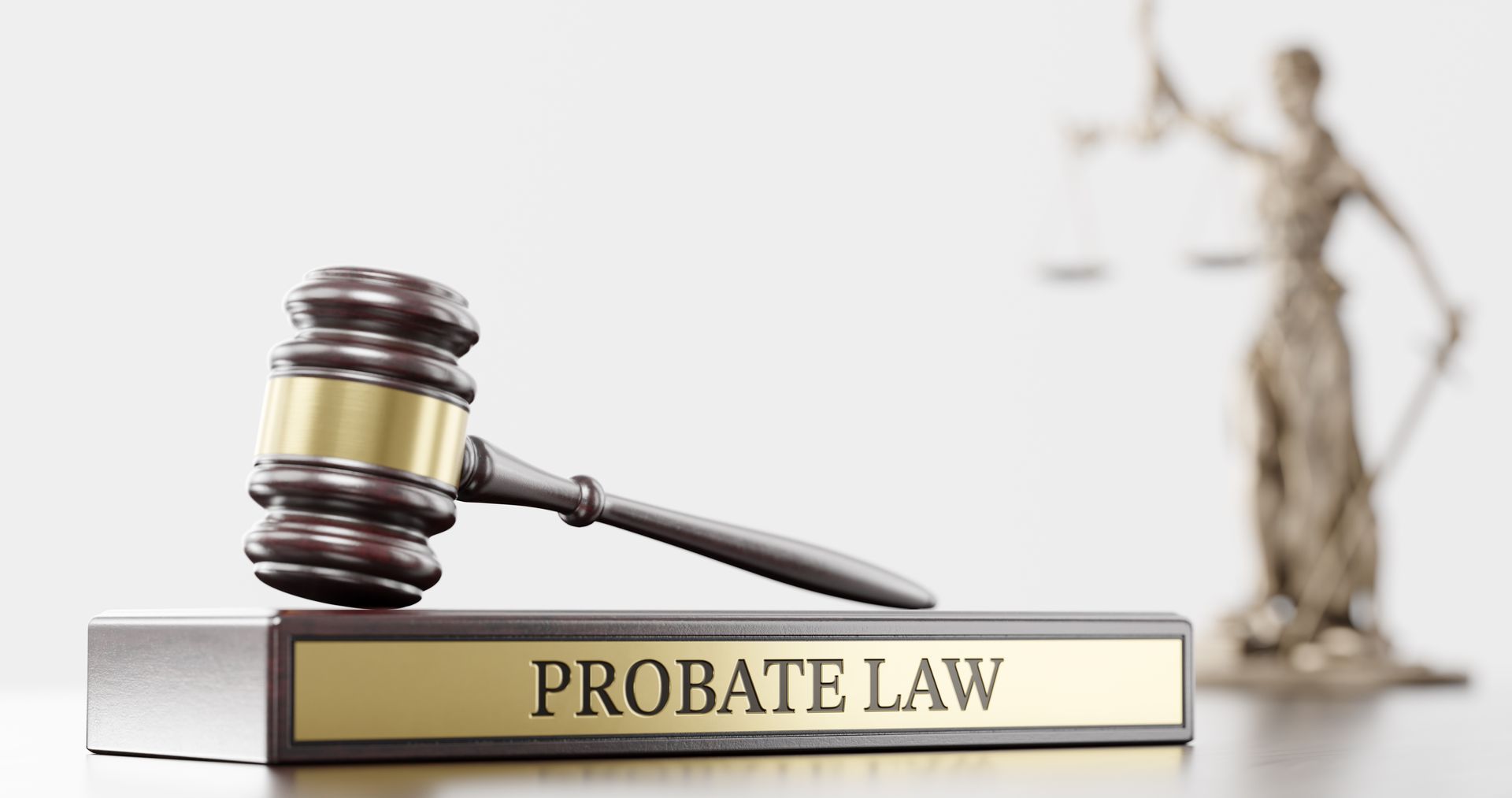Navigating Chapter 13 Bankruptcy: Frequently Asked Questions
Financial hardships can occur to anyone at any time, and the prospect of filing for bankruptcy can be a daunting experience. But when bills are piling up, and creditors are calling non-stop, filing for bankruptcy – specifically, Chapter 13 – might just be your saving grace. But how often can you file for Chapter 13 bankruptcy? Can you file for it more than once? And what happens if you've already filed for Chapter 7 bankruptcy in the past? In this blog post, we'll answer some of the most frequently asked questions about Chapter 13 bankruptcy in Illinois.
How often can you file for Chapter 13 bankruptcy?
The bankruptcy code does not specify any limitations as to how frequently one can file for Chapter 13 bankruptcy. However, there are rules regarding the length of time you must wait before filing again. If you've previously received a Chapter 13 discharge, you must wait at least two years before filing for another Chapter 13 bankruptcy. If you've previously received a Chapter 7 discharge, you must wait at least four years before filing for a Chapter 13 bankruptcy.
Can you file for Chapter 13 bankruptcy more than once?
Yes, you can file for Chapter 13 bankruptcy more than once, but there are conditions. If you didn't receive your discharge from your previous Chapter 13 bankruptcy, you'll need to wait at least two years before filing again. If you've previously received a Chapter 13 discharge, you need to wait two years from the discharge date before filing again. If you've previously filed for Chapter 7 bankruptcy, you must wait four years from the date of discharge to file for Chapter 13 bankruptcy.
Can you file for Chapter 13 bankruptcy if you've filed for Chapter 7 bankruptcy in the past?
Yes, you can file for Chapter 13 bankruptcy if you've filed for Chapter 7 bankruptcy in the past, but you'll need to meet some requirements to do so. Firstly, you need to wait for the time frame of four years from the date of the filing of your last Chapter 7 bankruptcy discharge. In other words, you're not eligible for protection under Chapter 13 bankruptcy if four years haven't passed since your Chapter 7 filing. Moreover, you must have satisfied the “means test,” which is a measure of your ability to pay off your debts. If your income is above the state's median income, you must file for Chapter 13 bankruptcy instead of Chapter 7.
At VW Law, we can help Illinois citizens with bankruptcy matters.
Going through the process of filing for Chapter 13 bankruptcy can be intimidating and confusing. It's our goal at VW Law to help take some of that burden off your shoulders. Our experienced team can help you with the complex process of filing for bankruptcy, from determining if you qualify and deciding which type of bankruptcy suits your needs, to ensuring that your rights and interests are protected.
Filing for Chapter 13 bankruptcy in Illinois can be an excellent solution for those struggling with overwhelming debt but need help navigating through the legal maze can be overwhelming. Knowing when and how you can file can help alleviate your concerns and ensure a smooth process. The experienced team at VW Law are here to guide you through the process and help you get back on track to financial stability. Contact us today to schedule a consultation.













